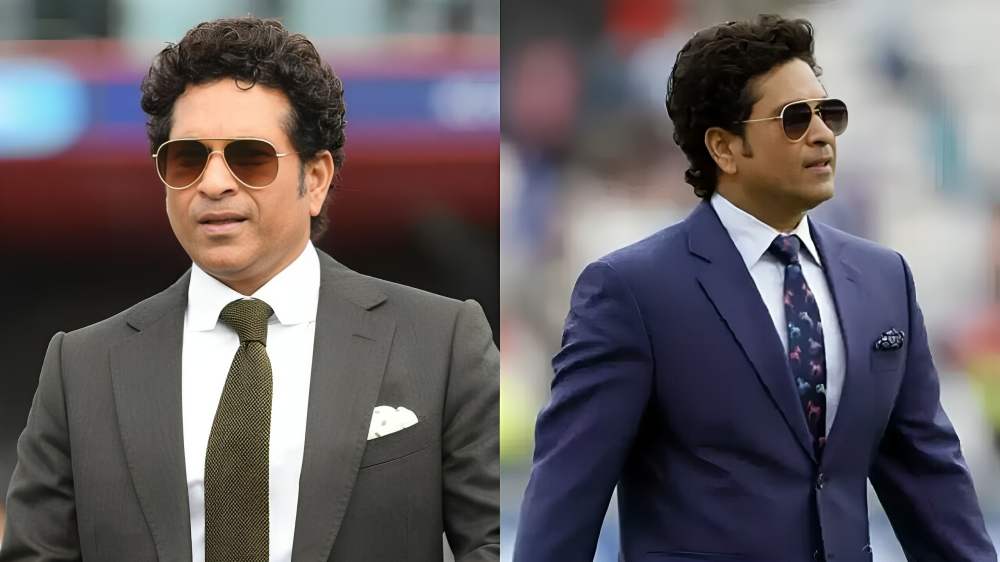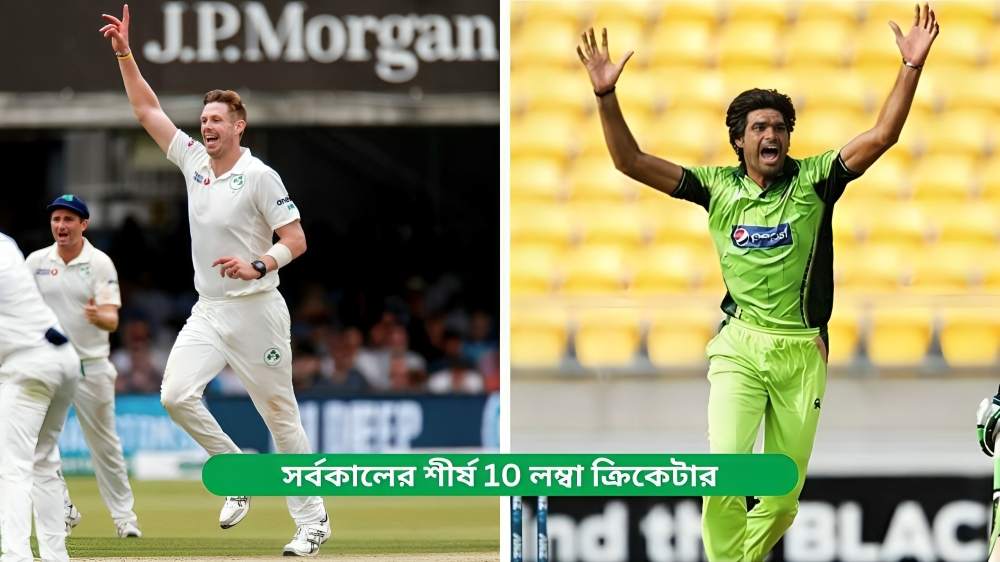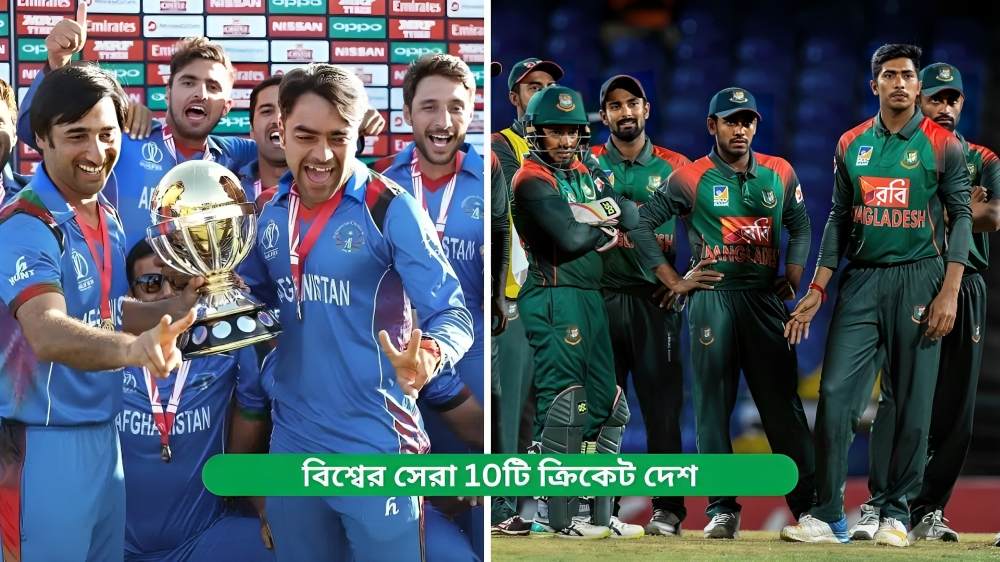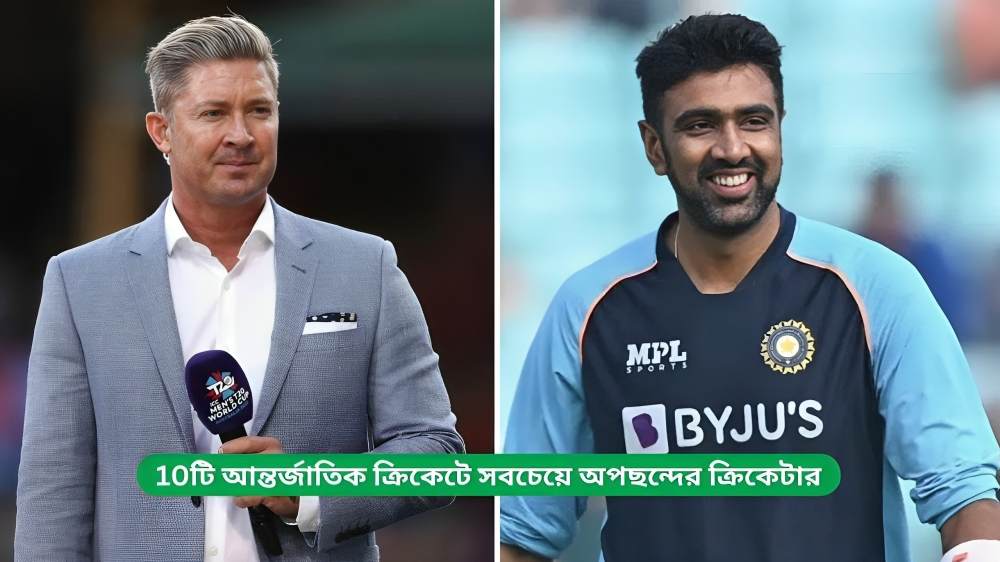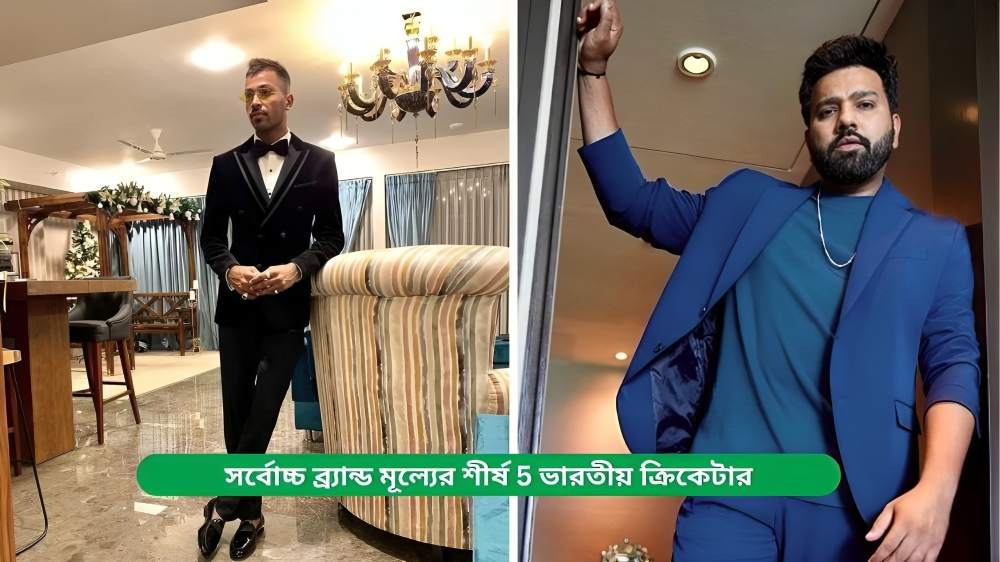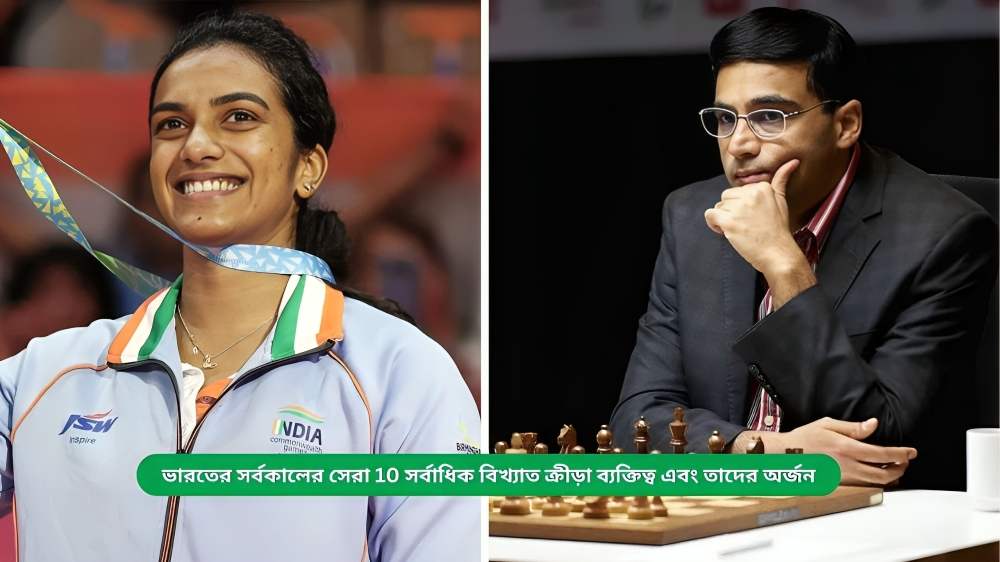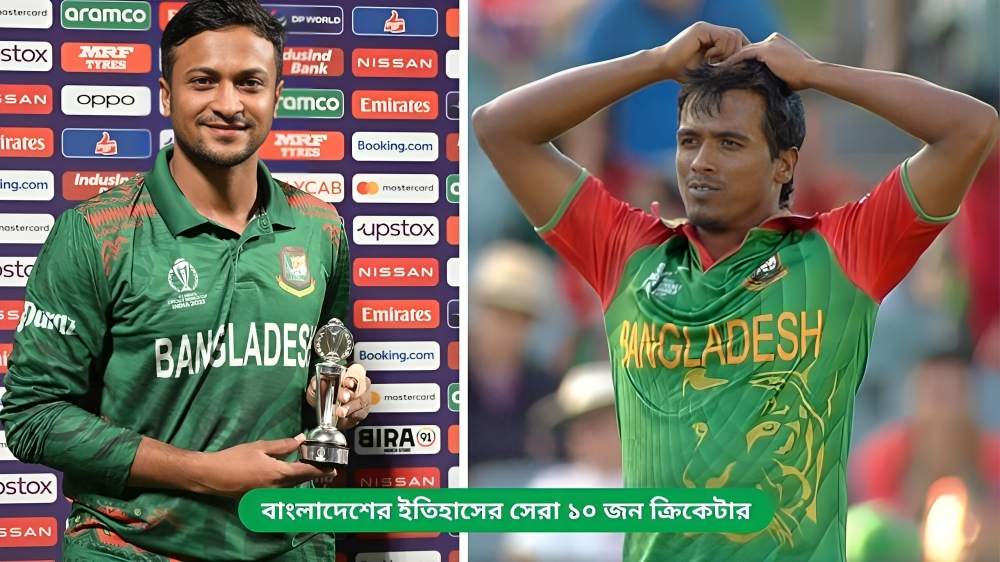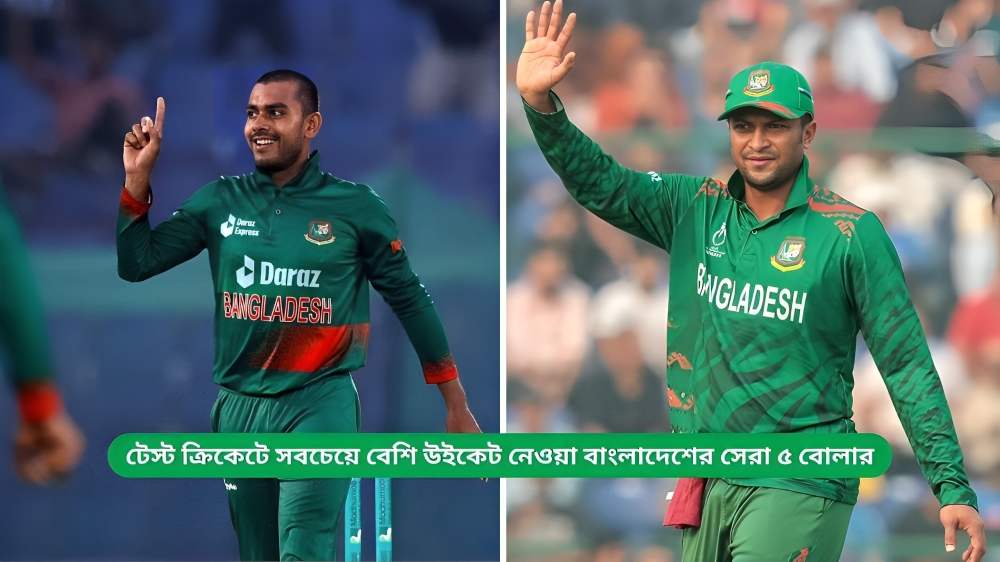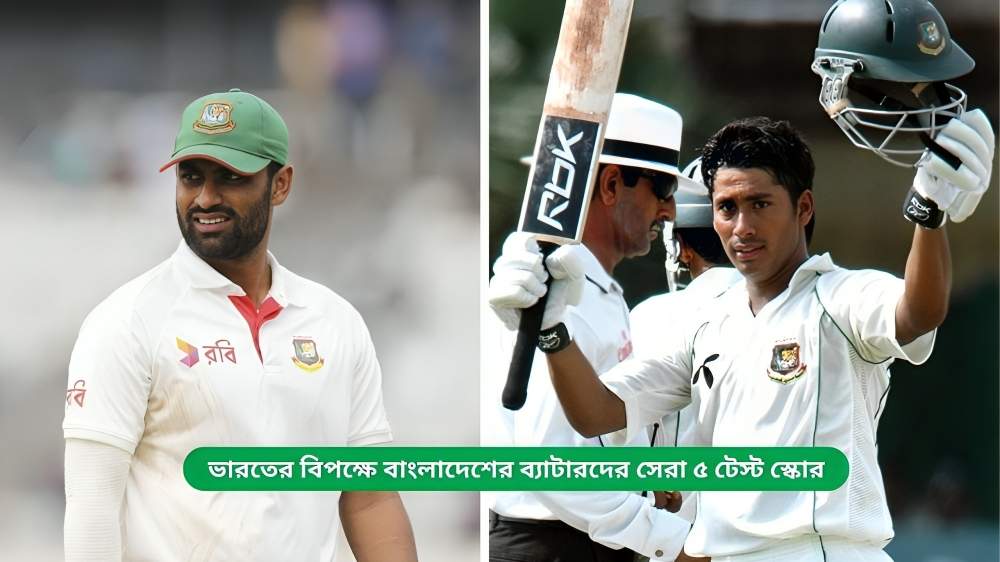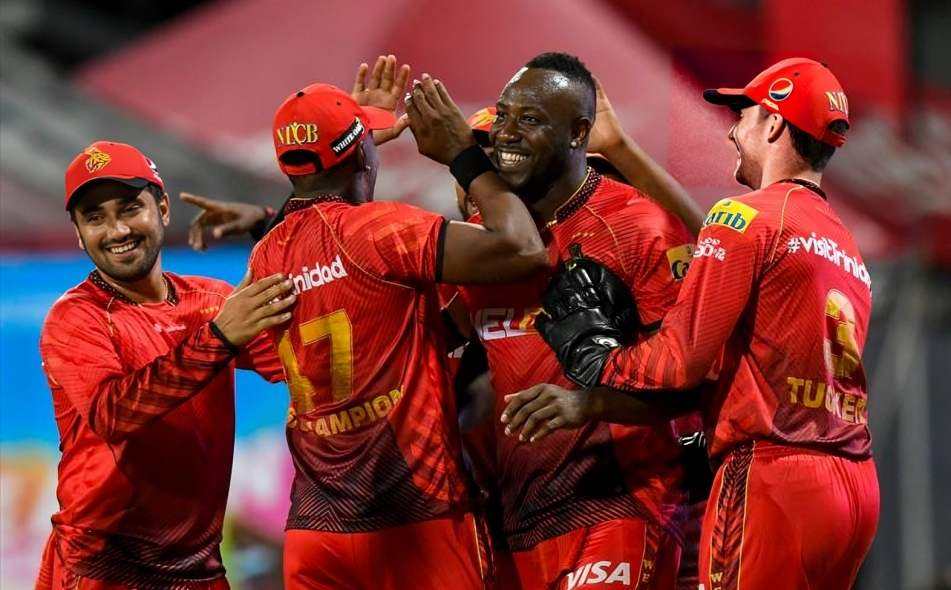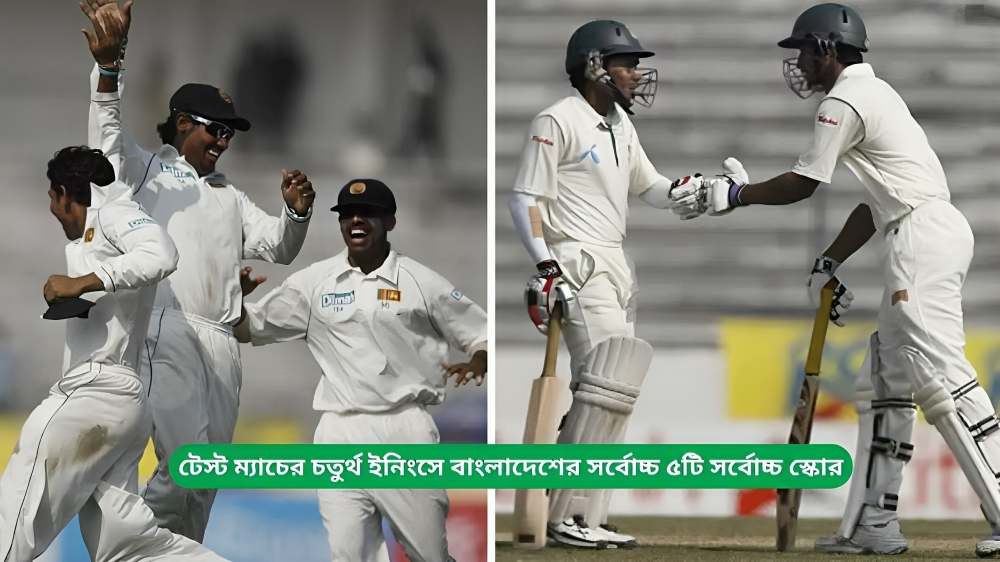Cricketers Who Are Doctors: A Unique Blend of Sports and Medicine: Cricket is often celebrated for its thrilling matches, iconic players, and the sheer passion it ignites among fans. However, some cricketers have taken their dedication a step further by excelling not just in sports, but also in medicine. These athletes demonstrate that one can pursue dual careers with passion and success. In this article, we’ll explore the journeys of cricketers who are also qualified doctors, showcasing their unique blend of sports and medicine.
1. Imran Khan
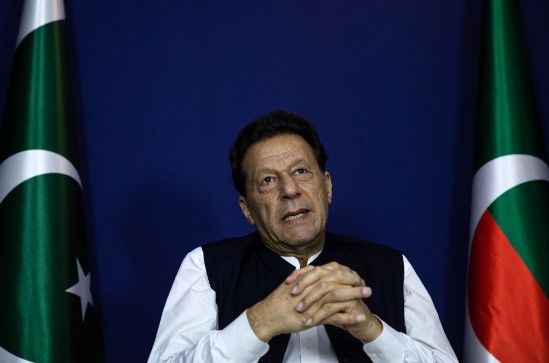
One of the most iconic figures in cricket, Imran Khan, is not only known for leading Pakistan to its first World Cup victory in 1992 but also for his medical education. After completing his studies at the prestigious Royal Grammar School in Worcester and Keble College, Oxford, he pursued a degree in medicine. Although Khan ultimately did not practice as a doctor, his medical background informed his later work in philanthropy and politics, particularly through his involvement with the Shaukat Khanum Memorial Cancer Hospital & Research Centre, which he founded in memory of his mother. His commitment to healthcare has made a significant impact on Pakistan, showcasing the intersection of his cricketing legacy and medical aspirations.
2. Kumar Sangakkara
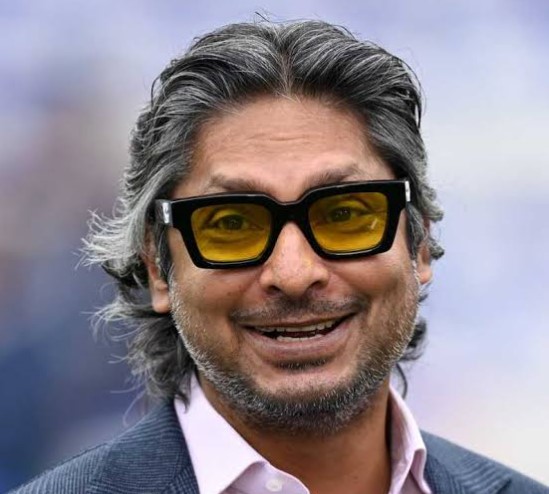
The Sri Lankan batting legend Kumar Sangakkara is another cricketer with impressive academic credentials. After attending the prestigious Royal College in Colombo, Sangakkara pursued a degree in law, becoming an accomplished lawyer. While not a doctor in the traditional sense, his educational background in law and his work as a cricket commentator and administrator showcase his commitment to education and intellectual pursuits. Sangakkara’s articulate insights and leadership in the cricket community reflect his well-rounded approach to life after cricket.
3. Ricky Ponting
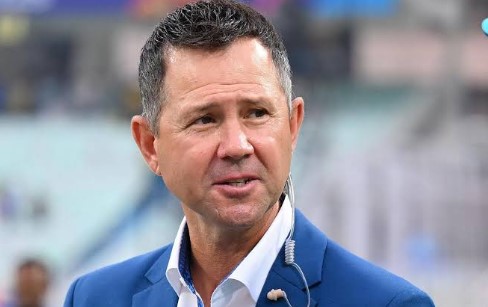
Ricky Ponting, one of Australia’s greatest captains and batsmen, has made his mark not just on the cricket field but also in the realm of health and fitness. While not a doctor himself, Ponting has shown a strong interest in sports science and nutrition, often discussing the importance of fitness and health for athletes. His initiatives post-retirement, including various fitness programs and health campaigns, underline the significance he places on physical well-being, blending his cricketing experience with health advocacy.
4. Eoin Morgan
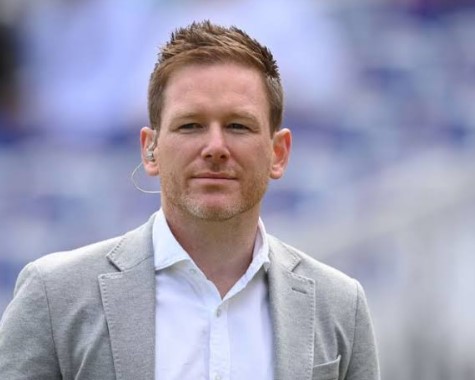
England’s former limited-overs captain Eoin Morgan also has an interesting background. While not a doctor, Morgan studied at a university where he engaged in courses related to health and fitness. His focus on mental health and well-being in sports has been pivotal in recent discussions around athlete care. Morgan’s advocacy for mental health awareness, along with his cricketing career, illustrates the importance of understanding the psychological aspects of sports, which resonates with medical principles.
5. VVS Laxman
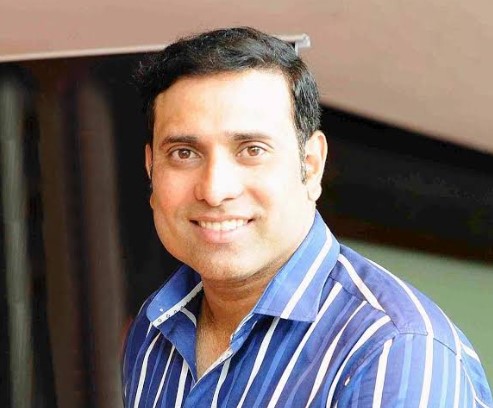
Another cricketer who pursued higher education is VVS Laxman. While not a practicing doctor, Laxman completed his medical degree in medicine before fully committing to cricket. His journey emphasizes the importance of education and the diverse paths athletes can take. Laxman has often spoken about the influence of his medical background in his approach to sports, particularly in dealing with pressure and maintaining focus, which are critical attributes in both fields.
6. Michael Holding
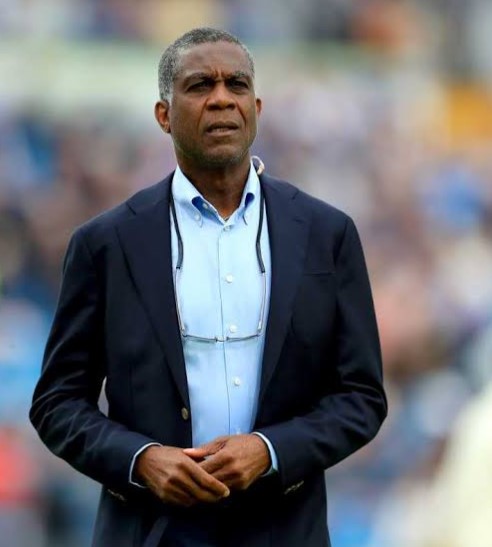
The West Indies fast-bowling legend Michael Holding pursued a degree in medicine before his illustrious cricketing career. Although he did not practice as a doctor, Holding has been a passionate advocate for health and wellness, often discussing the significance of fitness in cricket. His unique perspective as a former athlete turned commentator allows him to contribute valuable insights into the health and fitness of cricketers today.
The intersection of cricket and medicine is exemplified by these remarkable individuals who have managed to excel in both fields. While not all of them are practicing doctors, their educational backgrounds and contributions to health, fitness, and wellness illustrate the importance of a well-rounded approach to life beyond the cricket pitch. Whether through advocacy, philanthropy, or personal achievements, these cricketers embody the spirit of lifelong learning and the pursuit of excellence in multiple arenas. Their stories inspire current and future generations, reminding us that dedication to both sports and education can lead to impactful contributions in society.
Also Read: Why Do Cricketers Get Cramps?
Welcome To E2Bet! You will have fun playing exciting games here
Here Are A Few Helpful Tips Regarding Games:


